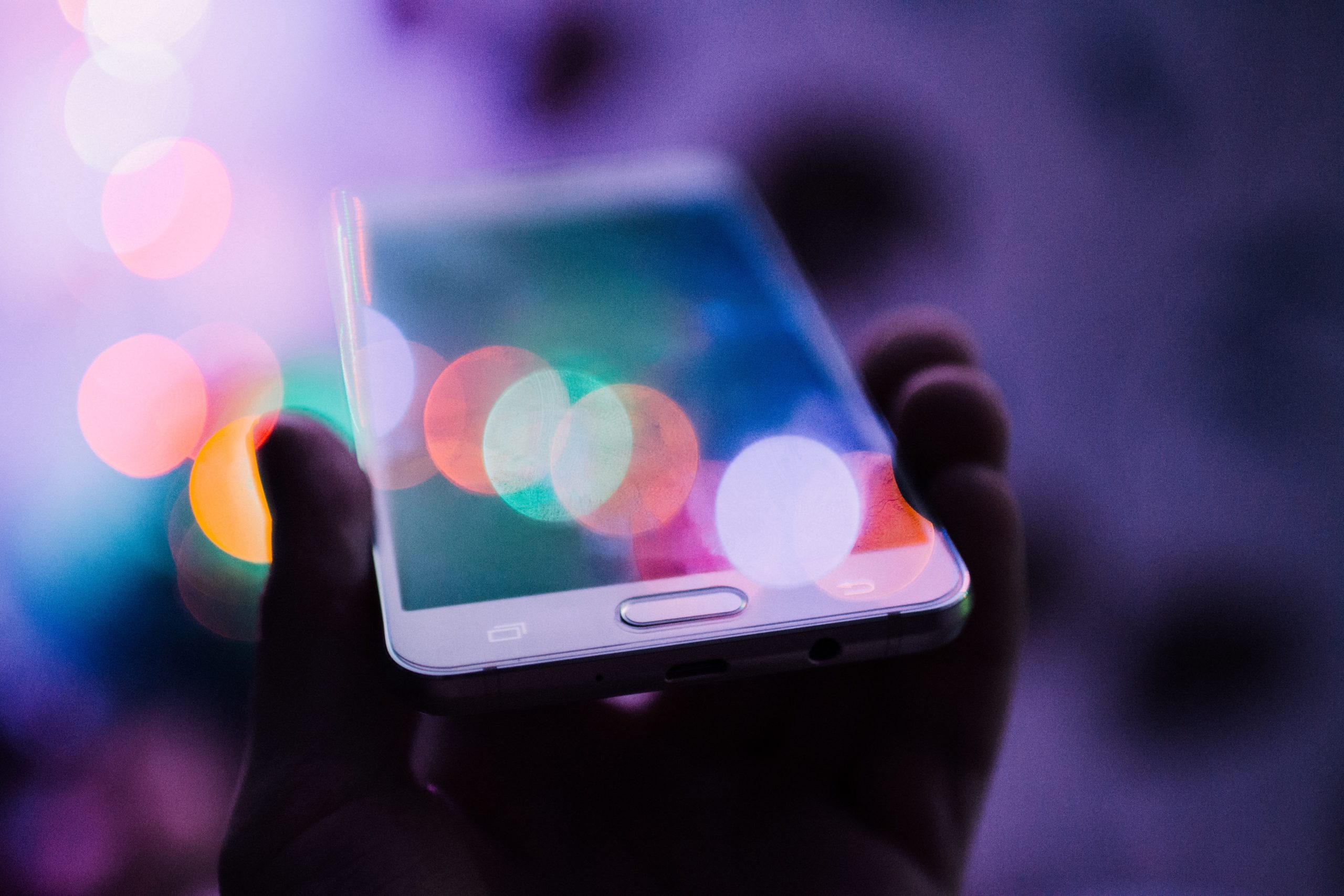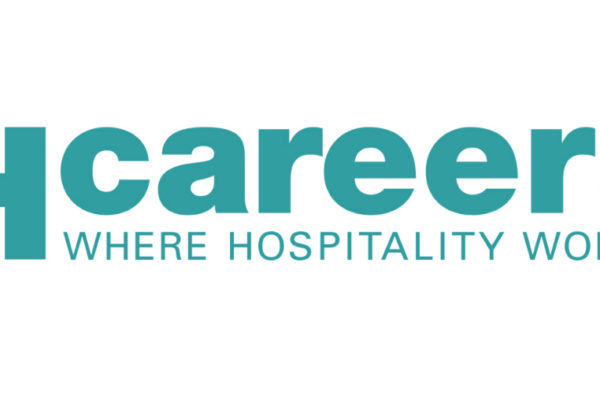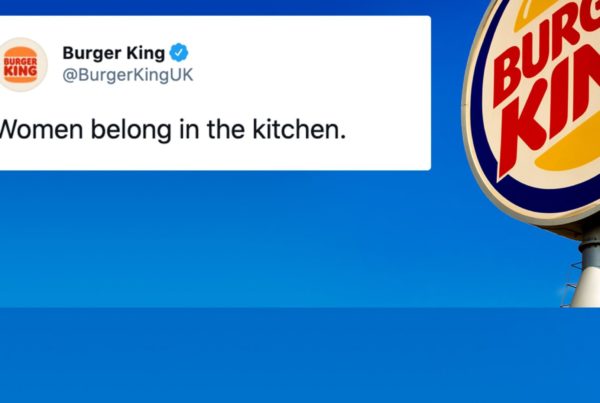Social Media has become a critical part of marketing any business, and hotels are no different.
Over 4 Billion people worldwide are currently active on social media with that number set to rise
to over 7 Billion in the next 4 years. More importantly, over 52% of users discover new brands
through the use of their social media platforms. In this article, we will discuss how to effectively
integrate social media into your marketing strategy, build an engaged audience, and turn them
into paying guests.
New Trends in Social Media
Over the past year, video has become a critical part of the content strategy, regardless of
platform. This can be attributed to the rise of TikTok over the past two years. Since 2021,
TikTok users have grown over 105%, making it the fastest growing social media platform in the
U.S. TikTok displayed how short form video can be an effective way to capture attention and
promote a product or service in 15 seconds or less. As these videos became more mainstream,
other platforms adopted the style, culminating in Instagram creating “Reels”. You can also use
short form video effectively on Facebook, Twitter and even LinkedIn.
Secondly, analytics has become a major focus in the social media landscape in recent years.
This is due to the glaring lack of focus on metrics when social media was first adopted as a
marketing tool. How many of you have been disappointed with influencer marketing? Your hotel
gave a free room and meal credits to someone that you hoped would create “buzz” for your
hotel. At the end, very little to no impact was gained from the partnership. This is only partially
the fault of the influencer. At the end of the day, we are the ones who gave them a
complimentary room. The issue is we did not focus enough on analytics.
Understanding the need for change
We did not ask influencers critical questions that would help us understand the true value of
their audiences. Having a large audience is a key component and will of course lead to greater
awareness for the collaboration and ultimately the hotel. However, having a strong engagement
rate is even more critical. If their audience is not actively invested in their content, our efforts will
be wasted. We also neglected to understand if their audience was a fit for our hotels. For
example, an influencer whose audience is there for Disney themed content may not be a great
fit for a luxury hotel not near a theme park. The core demographic of their audience needs to be
aligned with that of your hotel, otherwise the campaign will not be successful. These are all
questions we would normally ask when entering any traditional marketing campaign, yet we
neglected to do so in the social media space.
The reason for this is twofold. First and foremost, as an industry we did not properly invest in
social media. Due to budget constraints, we generally tasked a current employee with the
additional responsibility of managing the social media presence of a million dollar business. This
approach may work for a short span of time. However once the employee is preoccupied with
their primary job responsibilities, social media takes a backseat and momentum is lost.
The other pitfall of this approach is a lack of experience. While just about everyone has a social
media profile, not everyone knows how to effectively use social media as a marketing tool. It
was unfair of us to ask a hotel employee to manage social media profiles without helping them
develop those skills.
On the other end of the spectrum, many properties, typically higher end hotels in large markets,
utilized the services of social media agencies. This approach has many benefits. Such as
experience in social media marketing, dedicated account managers, and resources such as
photography. However, the overwhelming majority of social media agencies have very little
hotel knowledge and experience. As a result, they do not ask the pertinent questions. Who is
our guest? What attributes of the hotel are we trying to highlight? What are the need periods for
the hotel? Are we looking to promote any specific room types or events over the next 90 days?
These are all questions that only a hotelier would think to ask and a critical part of why
traditional approaches to social media have not been as effective as we would like them to be.
Understanding Key Social Media Metrics
These are the primary reasons why analytics have become so important in today’s social media
landscape. With our daily and weekly focus on ADR, RevPAR, and GOP, we are familiar with
utilizing statistics to measure our hotel’s success. In the social media world, there are a few key
metrics to get familiar with. Engagement is the first and most important statistic to measure and
understand. Engagement is a metric that tracks how actively involved your audience is with the
content. An audience that is not actively interacting with your content, is not an audience that
will deliver results to your bottom line. Engagement is a combination of likes, comments, shares,
bookmarks and views. Calculating this rate will give you an idea of how your audience feels
about your content and give you areas of opportunity to target. Reach and Impressions are also
two key metrics to be familiar with. Reach is the total number of people, or unique accounts, that
see a piece of content. Impressions are the number of times your content was seen, whether it
was clicked or not. Understanding these three key data points will help you to understand how
successful your content strategies are as well as help you to identify the partnerships that will be
most effective.
How to Capitalize on Current Trends
Now that we have a clear understanding of how to measure the success of our content, let’s
discuss the best content to make your hotel stand out from your competitors. Instagram is the
social media platform of choice for people interested in travel. Over 67% of users on the app list
travel as their top interest. Instagram is where your hotel needs to have a presence. As
mentioned at the beginning of the article, video content has taken over the social media
landscape. Instagram launched Reels in 2019 and is aggressively boosting this content in order
to steal market share from TikTok. Currently, Reels are getting a 3.8% engagement rate vs
roughly 1% for static posts. Instagram is actively pivoting the platform to more video based
content and this is a trend that hotels can use to their advantage. Utilize video content to have
your account reach more users and grow your audience faster than with posting still photos.
Additionally, smaller accounts are seeing up to 5% engagement with Reels. This is especially
exciting news for hotels that may just be starting out or have not posted in some time. Instagram
is making it easier than ever before to grow and engage an audience!
Capitalizing on video content is not just reserved for luxury hotels in big cities that can afford
expensive photo shoots. A great way to get started and active is to utilize your smartphone to
offer tours of your public spaces and room types. This is a great way to combat what I call “The
Tripadvisor Effect”. As we all know, Tripadvisor has a huge impact on our guests and how they
perceive our hotels. Over 80% of our guests admit to checking Tripadvisor reviews of a hotel
prior to booking. This is because Tripadvisor offers an “authentic” look at our properties. Guests
know that when they visit our websites, those photos are professionally done and
photoshopped. On Tripadvisor, they are able to see photos taken by people just like them with
smartphones that have not been airbrushed. This gives them more trust in what they are seeing.
With the rise of social media marketing, we now have this ability. We can utilize our social
media pages to post smartphone photos, gain the trust of our guests, and steal market share
from Tripadvisor.
Finally, utilizing the analytics that are available to you is critical in building an effective content
strategy. Having a clear understanding of who your guest is will be critical. By sourcing
information from your hotel team and CRM system, you can determine the demographics of
your hotel guests and be able to curate content that will resonate with them.
In summary, social media is an effective tool that needs to be treated as a critical part of your
marketing strategy. With over 4 billion users worldwide and growing, the time is now to
capitalize on the word of mouth effect of social media marketing. While social media has
become big business, it is important to remember that these channels were created with the
goal of connecting with friends and family. Hospitality is built on creating memorable
experiences and we are in a unique position to utilize our social media pages to build those
relationships and give guests a glimpse of the hospitality they can expect to receive when they
check in.





